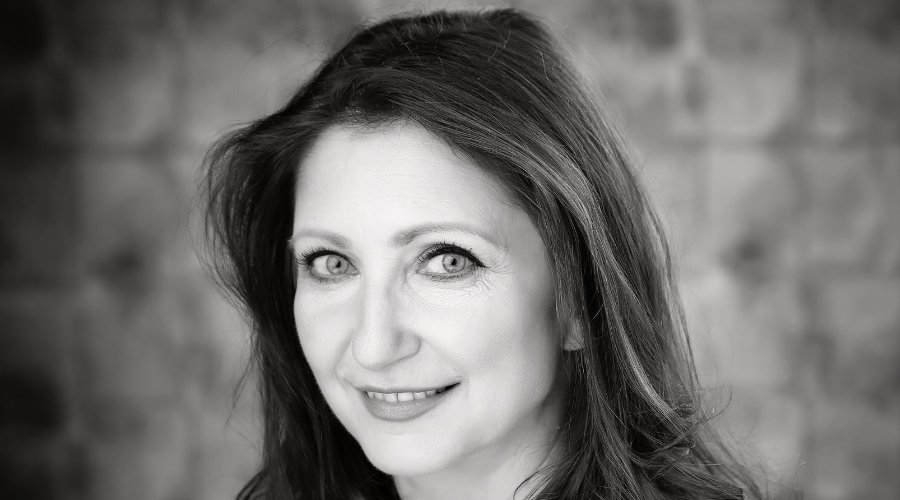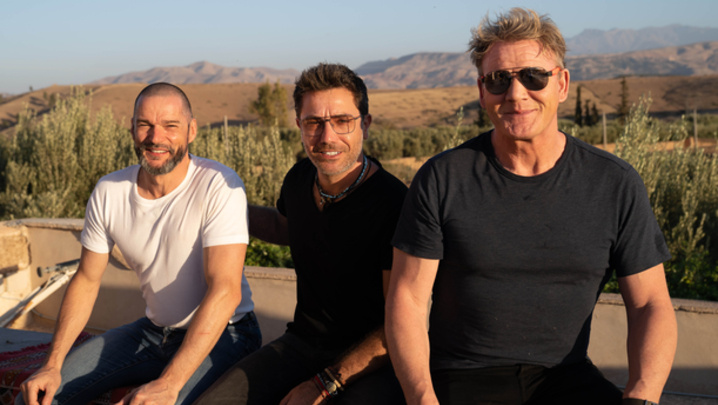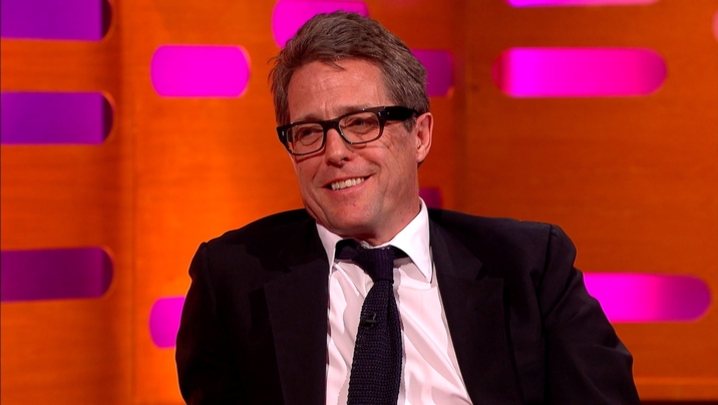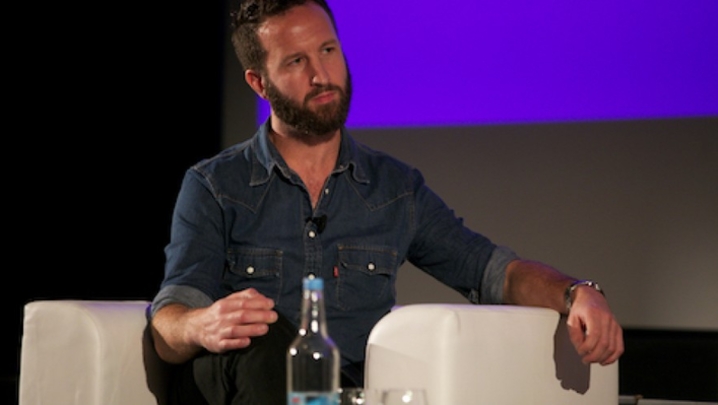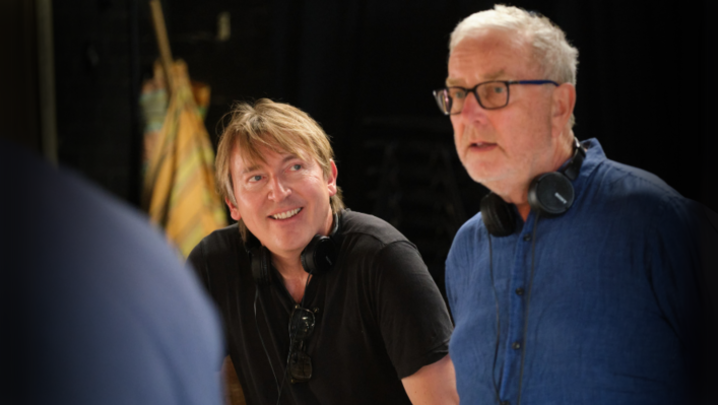Most believed the trial of the ‘Coughing Major’ to be an open-and-shut case, yet 17 years and a miniseries later, the public’s verdict is up in the air.
It was James Graham who reopened the casefiles of the Who Wants to Be a Millionaire? scandal, adapting his play for a hit three-part drama, Quiz, that recalled the origins of the ground-breaking quiz show and the scandal involving former major Charles Ingram. Ingram was accused of cheating by listening for coughs on the right answers from his wife, Diana, and fellow contestant Tecwen Whittock.
Director Stephen Frears called up Pia Di Ciaula to edit the series, having worked together on A Very English Scandal in 2018. “I was excited because I only knew about the coughing part of the story,” Di Ciaula says, “I had no idea about the complexity of the backstory.”
The first two parts present the prosecution’s case, but Graham flips the script in the third to recall the disregarded defence, handicapped as it was by the biased press, public hysteria and a tampered composite tape of the episode in question (‘Tape G’), infamous for its isolated and much louder coughs. Free from such bias, Quiz charges the viewer to reach their own verdict.
Be the Ingrams innocent or guilty, it amounts to a poignant, cautionary tale of a trial by media and an interactive demonstration of the fallibility of memory and perception. For the demonstration to work, however, the series had to remain entirely impartial, demanding a delicate balancing act from all involved. None more so than Di Ciaula, whose editing of episode two is a case in point.
“In my first assembly, I showed all the coughs so that we had that version to refer to, then Stephen asked me to cut them all out. Then we sprinkled enough coughs here and there, including enough to raise suspicion but not tipping perceptions one way or the other,” she explains.
Given that audience opinion was seemingly split down the middle would suggest they pulled it off.

Deftly juggling multiple storylines, Di Ciaula admits, “it was a big, big puzzle to put together,” especially given the further priority of authenticity.
Millionaire looks fairly simple on the surface, but the devil was in the detail. Once Di Ciaula dove into the archive material from the actual shows, she discovered, for example, that every question was underscored by its own piece of music and heartbeats; some of the many weapons of tension wielded by the producers.
Such an arsenal was necessary to solve a problem Di Ciaula herself would confront: “The second episode was undoubtedly the biggest challenge for me because it’s like, how do you make two men sitting in chairs suspenseful?”
Her solutions were subtle but effective, slowing down the pace and adding uncomfortable pauses. “Whenever you’re cutting you’ve got your own internal rhythm, but when you deviate from that, when you put an extra beat where you wouldn’t normally, it puts the audience on edge, they’re unsure of what’s happening,” she explains.
Editors don’t just assemble shots, from extensive coverage they choose the best and when to cut them, manipulating pace, tone and emotion. In Di Ciaula’s eyes, editing has the power to “make or break,” and as with all great powers, it comes with great responsibility. “It’s the one craft where you have to show everybody in their best light."
"You have to allow the material to wash over you and reveal how it should be cut"
Di Ciaula first realised this “make or break” power in film school, when her class was tasked with an edit of a scene they had shot together. Instead of following the conventional wide-medium-tight shot formula, she experimented, by starting close on a poster that was shot before the clapperboard, pre-lapping dialogue, and then slowly moving out to reveal who was talking.
She received top marks, and from that moment on she stayed in the cutting room, learning to edit on a Moviola, the first analogue machine used for motion picture editing. Physically cutting and splicing film, she learnt to visualise the scene before committing to each cut as there were no do-overs; the original content was permanently modified.
Despite switching to Avid 20 years ago, Di Ciaula still advocates watching the rushes carefully, comparing takes and making notes before cutting.
“You have to allow the material to wash over you and reveal how it should be cut,” she says.
She believes that style is not something for the editor to project but to accept from the director and elevate, and Quiz was no exception.
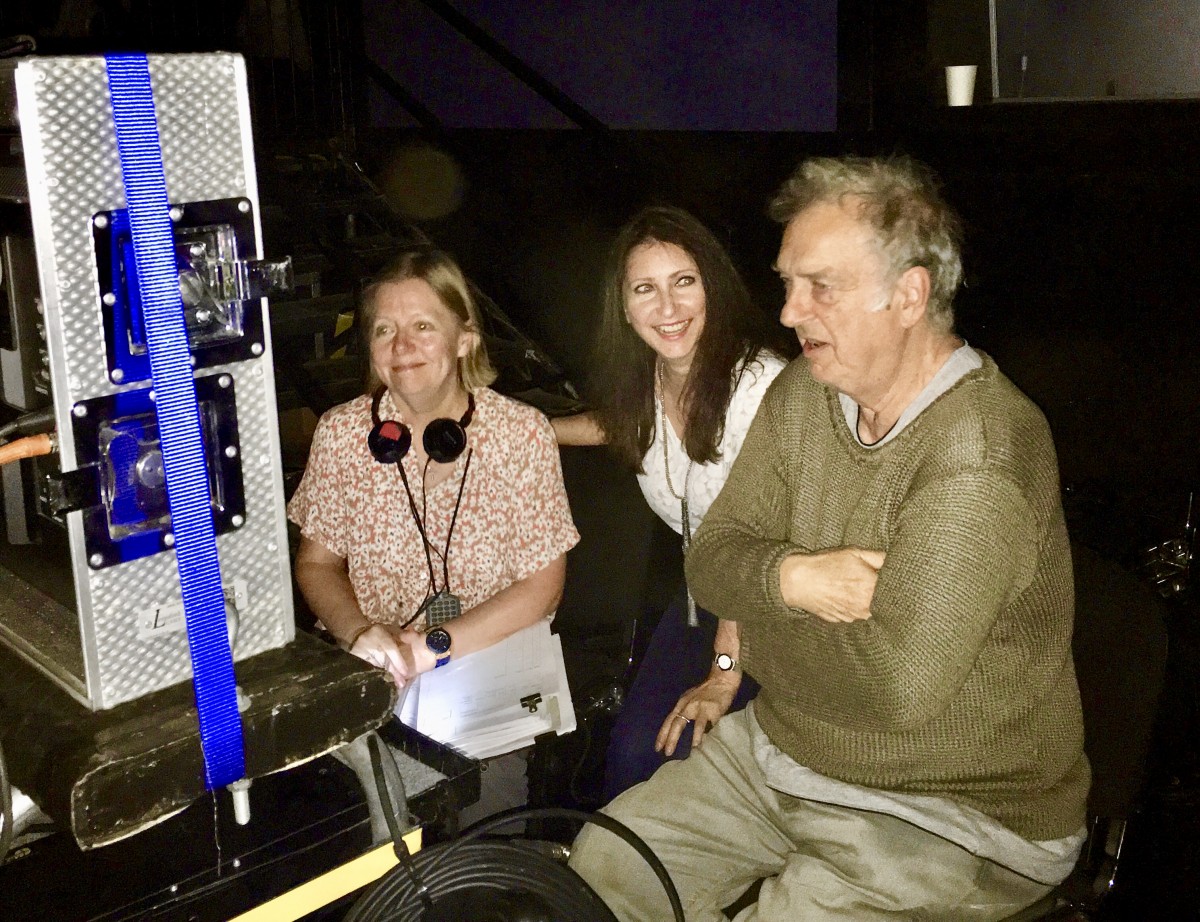
Frears dislikes watching any assemblies until the first full cut, preferring to experience it fresh and as a whole. “It’s more responsibility for me because I have to ask for any missing shots and let him know how the narrative is working,” says Di Ciaula.
She highlights a specific sequence in episode three, when two boys taunt Charles and spit in his face. “I had a medium shot but I asked Stephen for a close-up of Charles to make the moment more humiliating,” she explains, “but Stephen always surpasses my expectations – he’d already shot an extreme close up of Charles with the saliva hitting his face in slow motion!”
It is a prime example of the duo’s winning congeniality, with Quiz marking their second successful collaboration after A Very English Scandal.
The latter came up in the Quiz cutting room, when Frears suggested using a split screen for Diane and Tecwen’s phone call the night before Charles’ second day in the chair (allegedly when they planned to cheat).
Inspired by the 1959 film, Pillow Talk, which used novel split screen shots to create sly sexual innuendos, they first used it to great effect in Scandal during the conspiratorial phone call between Jeremy Thorpe (Hugh Grant) and his colleague’s secretary, Diana (Naomi Battrick), as they plan to retrieve incriminating love letters.
As their scenes weren’t shot with the technique in mind, however, there were 13 speed changes as well as some invisible cuts to keep the rhythm correct in both performances. “It was very complicated,” she admits, “but by having both actors on screen the whole time, you get every little nuance of the performance.”
When Hugh Grant visited the cutting room he noticed something was up, but when Di Ciaula began to explain the trickery, he cut her off. “He said ‘no don’t tell me!’ He wanted to keep the magic of it!” she laughs.
Di Ciaula initially resisted to using split screen again in Quiz. “I said, I don’t want people to think that we’re one-trick ponies.
“And Stephen said, ‘well, think of it as we’re paying homage to ourselves,’ and how can you resist that!”
Pia Di Ciaula won the Award for Editor - Drama at the Royal Television Society Craft & Design Awards 2020.
The full series of Quiz is available to watch on ITV Hub.

